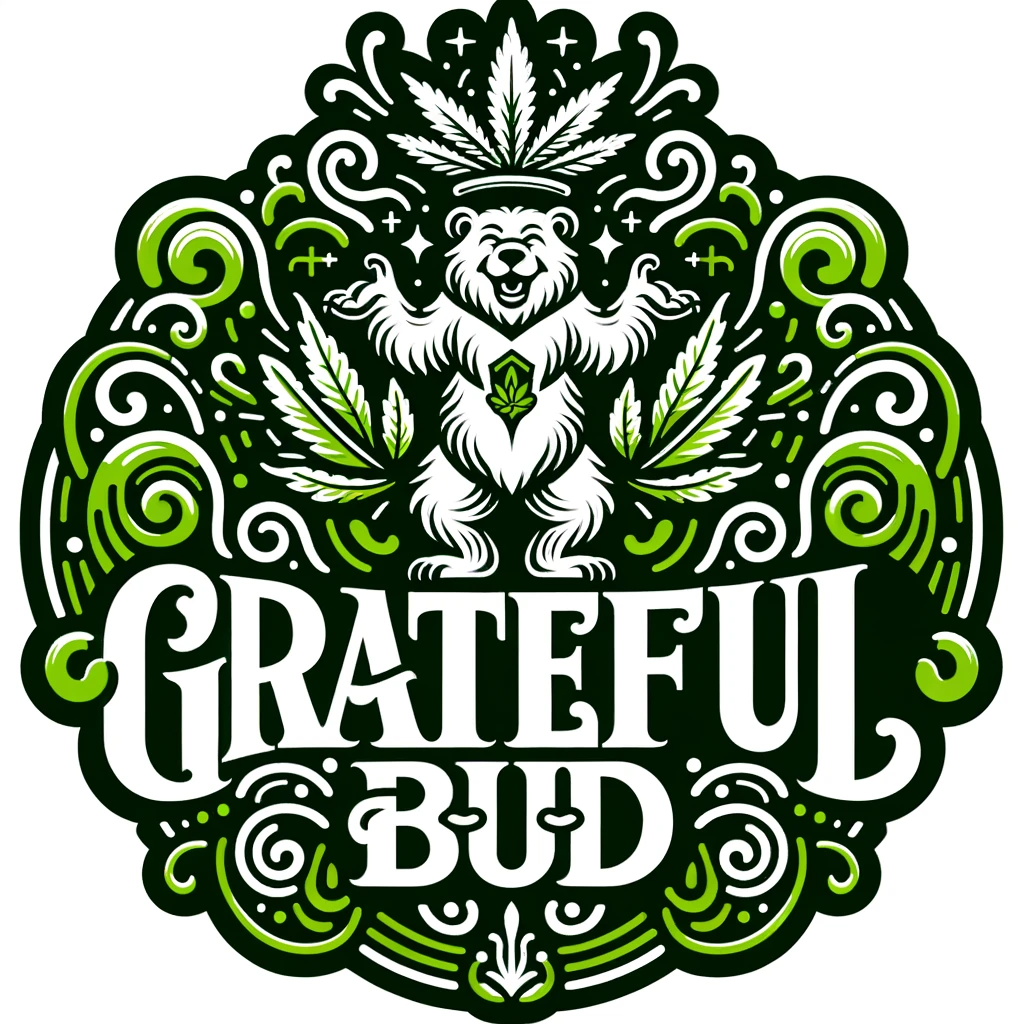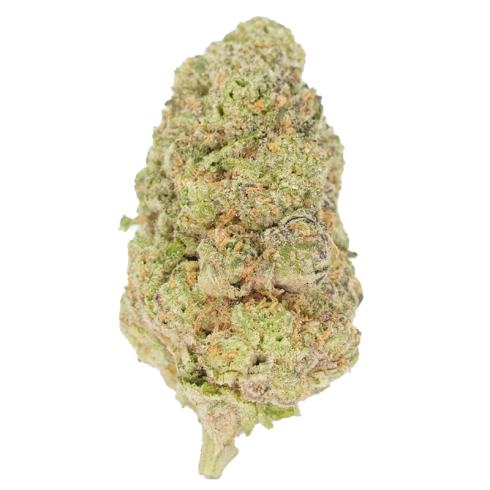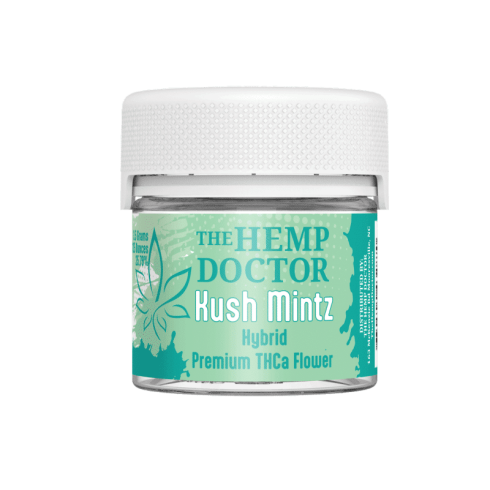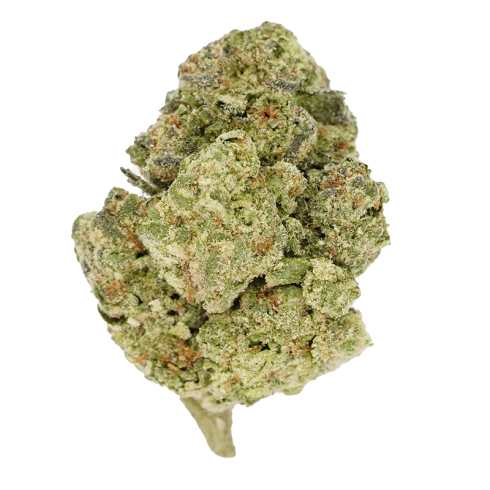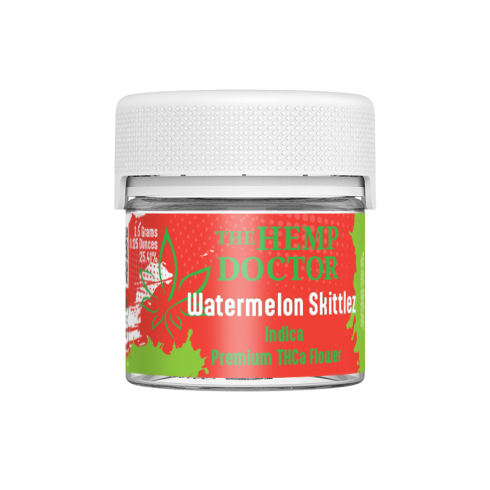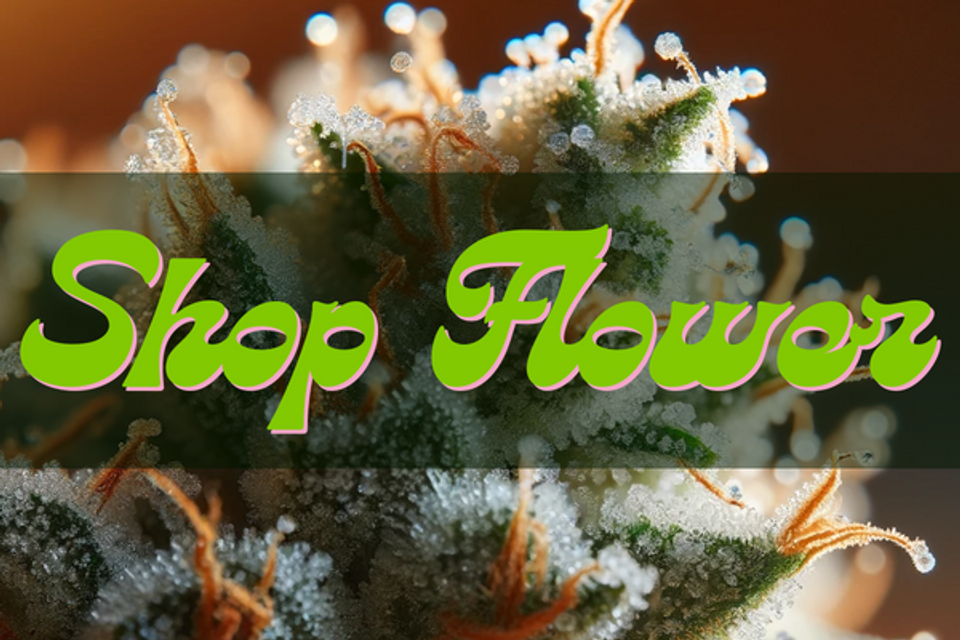Buy High THCa Hemp Flower
Welcome to our curated collection of high THCa hemp flower, where quality and efficacy harmonize for an unparalleled experience. These specially crafted strains, including the highly acclaimed Pineapple Express THCa Flower, are cultivated with expert care and offer a unique blend of aromatic profiles and potent effects. Each flower is hydroponically grown to ensure purity, with cannabinoid levels meticulously tested for your safety. Ideal for those who seek relaxation and euphoria, our THCa flower is the epitome of herbal luxury. Elevate your senses and unwind as you explore our exceptional selection and buy THCa flower.
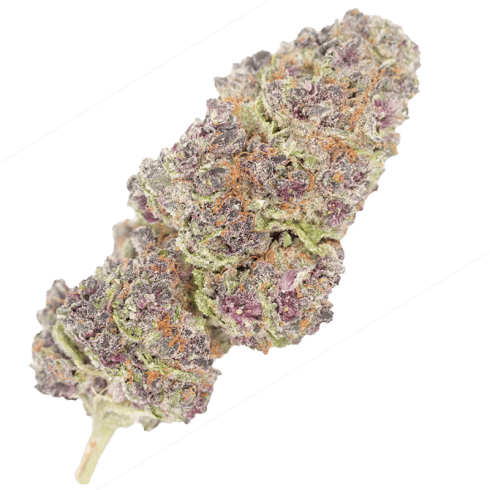
Grandaddy Purple
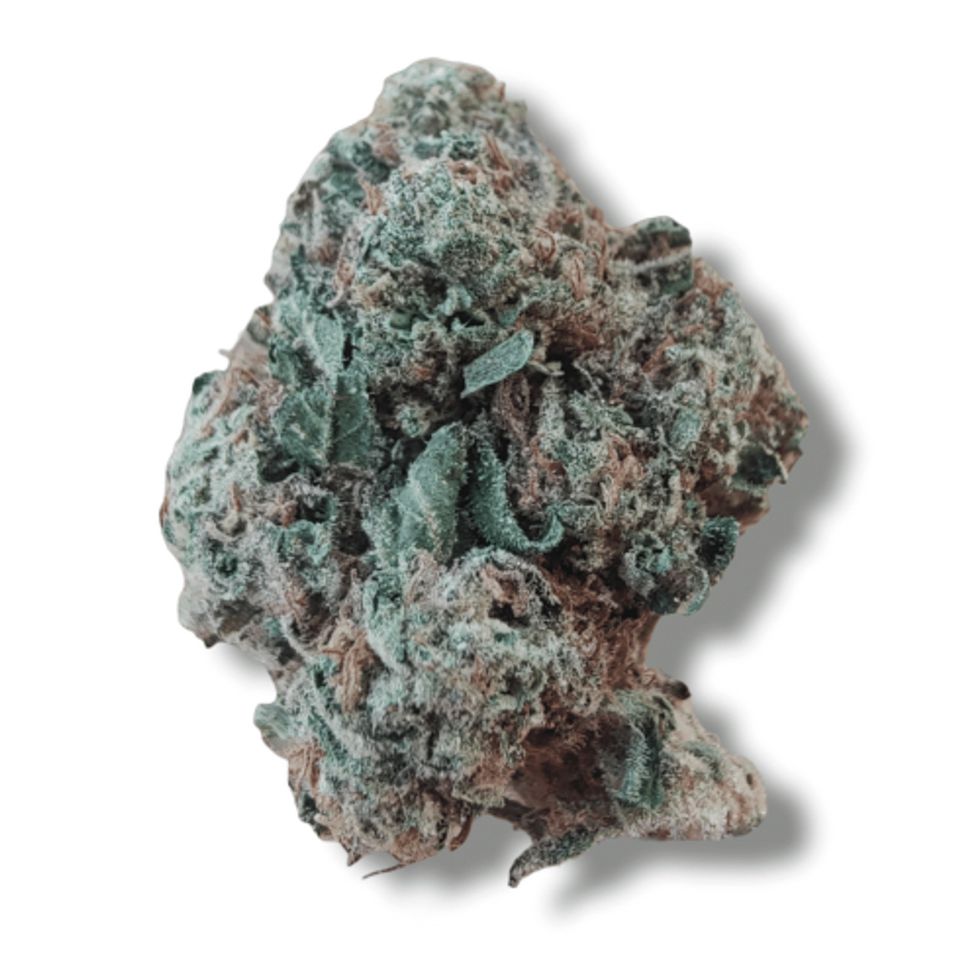
Pineapple Express
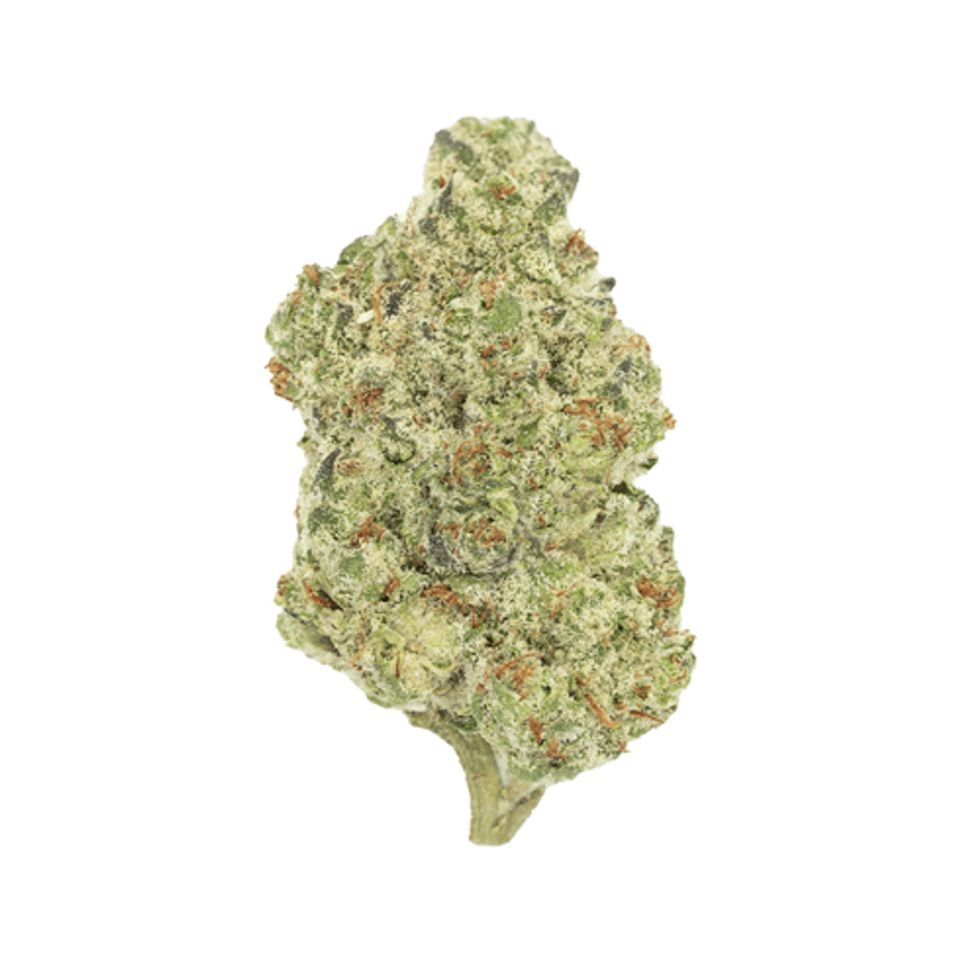
Oreoz
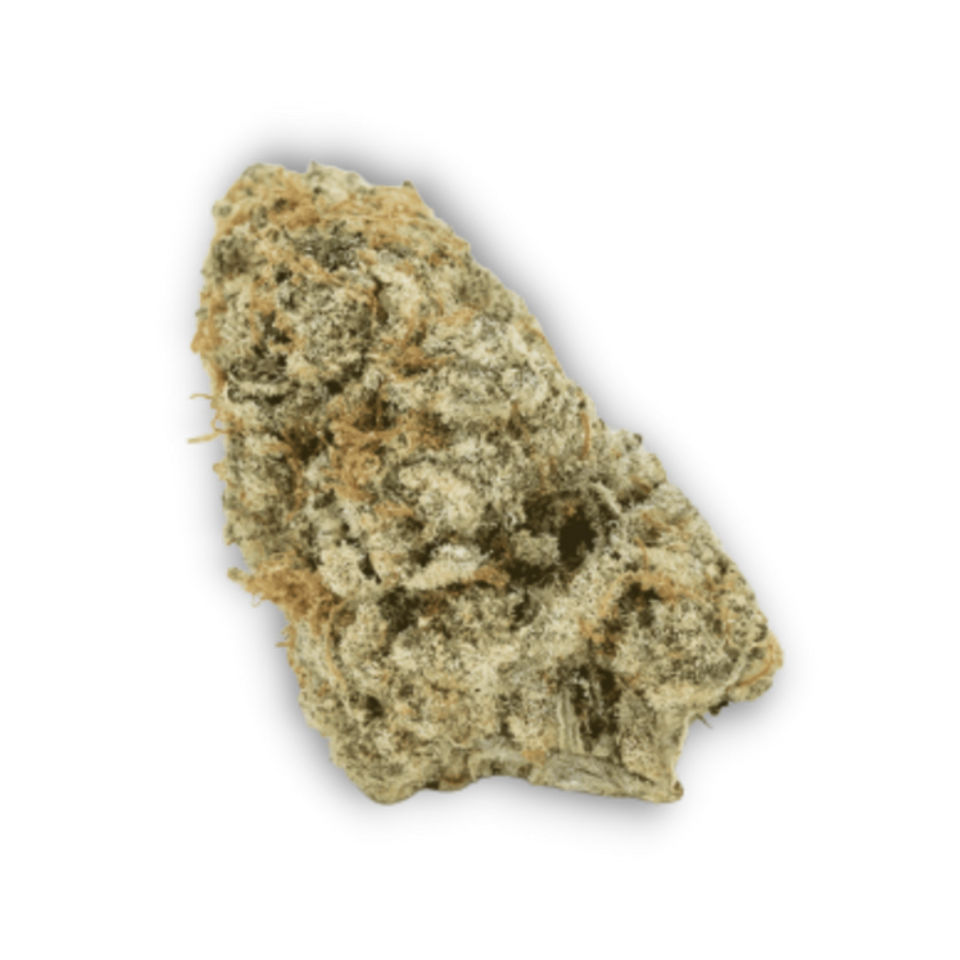
Runtz
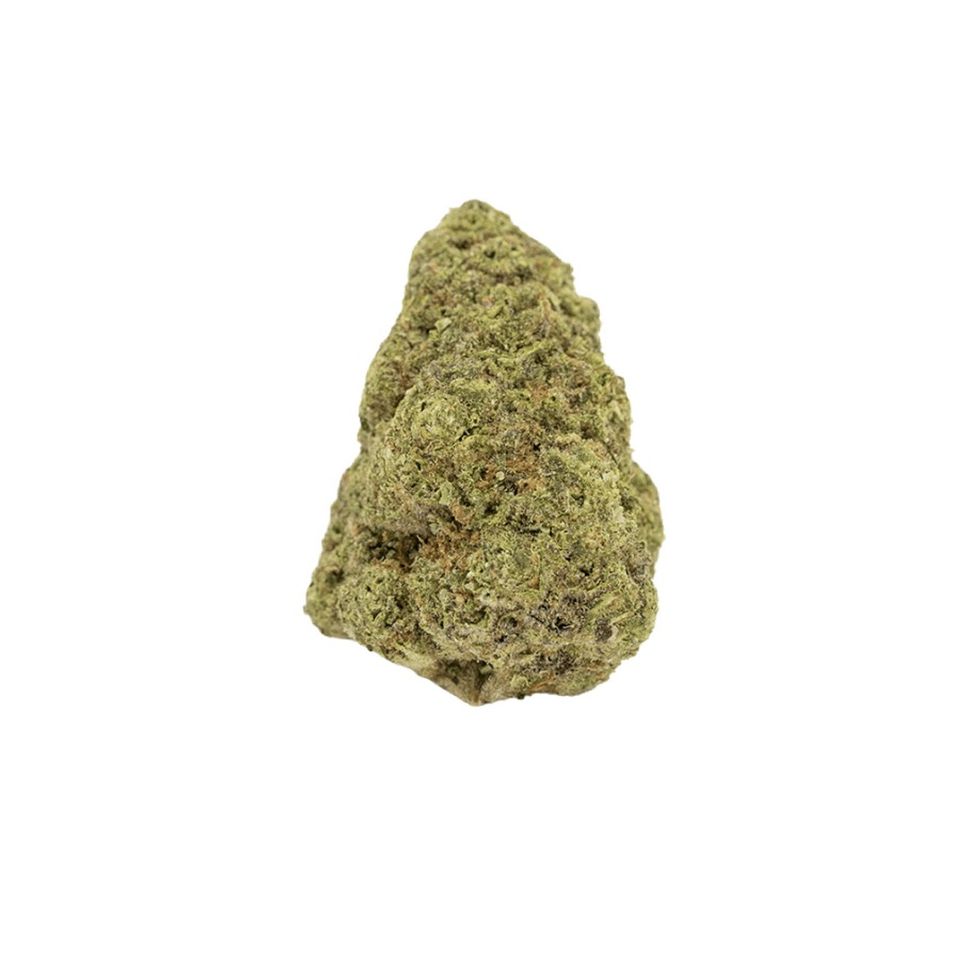
Gelato
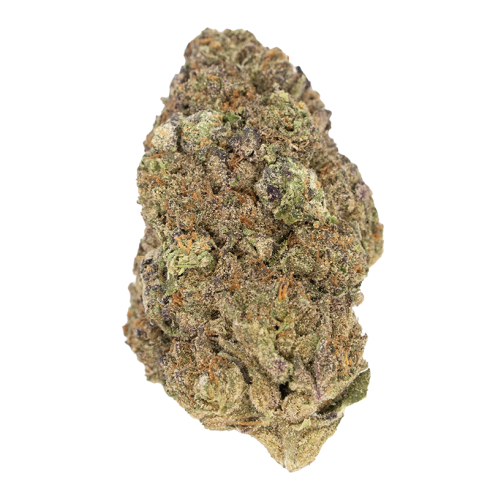
Purple Urkle
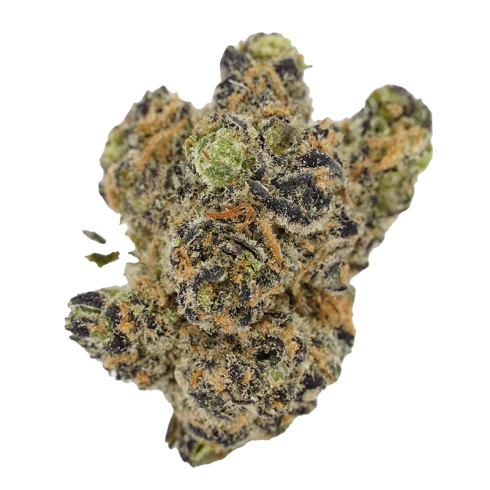
Blueberry Blast
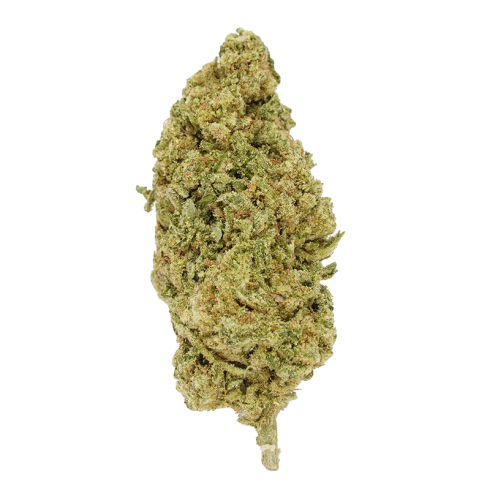
Ice Cream Cake
Frequently Asked Questions About Buying THCa Flower
What Is THCa Flower?
Understanding THCa Flower THCa, short for Tetrahydrocannabinolic acid, is a non-psychoactive cannabinoid found primarily in fresh, undried cannabis. Unlike its more famous counterpart, THC, THCa does not produce intoxicating effects on its own. THCa flowers refer to the raw, unprocessed buds of the cannabis plant that are high in THCa content. These flowers are distinct from typical cannabis products because they have not been decarboxylated—a process involving heat that converts THCa into THC, thereby activating its psychoactive properties. Consumers seeking the therapeutic benefits of cannabis without the psychoactive effects often turn to THCa flowers.
Furthermore, since THCa does not induce the 'high' associated with THC, it allows users to maintain clarity and productivity while reaping the benefits of cannabinoids. For consumers interested in the raw, natural state of cannabis, THCa flowers present a unique opportunity to experience the plant in its most unadulterated form.
Furthermore, since THCa does not induce the 'high' associated with THC, it allows users to maintain clarity and productivity while reaping the benefits of cannabinoids. For consumers interested in the raw, natural state of cannabis, THCa flowers present a unique opportunity to experience the plant in its most unadulterated form.
Is THCa Flower Legal?
Navigating the Legal Landscape of THCa Flower The legality of THCa flower is a nuanced topic, as it intersects with the complex and evolving laws surrounding cannabis. THCa, being the non-psychoactive precursor to THC found in raw cannabis plants, occupies a unique space in cannabis legislation. In its natural, unprocessed form, THCa is not regulated under the same standards as THC due to its non-psychoactive nature. However, the legal status can vary significantly depending on the jurisdiction and specific cannabis laws in place.
Federal and State Regulations In the United States, the legal status of THCa is primarily influenced by the 2018 Farm Bill, which legalized hemp-derived products containing less than 0.3% THC on a dry weight basis. Since THCa can convert to THC, the legality of THCa flower often hinges on its potential THC content post-decarboxylation. In states where marijuana is legal for recreational or medicinal purposes, THCa flower is typically legal. However, in states with stricter cannabis laws, the legal status can be more ambiguous, and possession or use of THCa flower could potentially lead to legal complications.
The Importance of Compliance and Testing For consumers and businesses, understanding and complying with local laws is crucial. Products labeled as 'THCa flower' should be approached with caution, especially in regions with strict cannabis regulations. Additionally, purchasing from reputable sources that provide third-party lab testing results can help ensure that the THCa content is within the legal limits and that the product is safe for consumption.
In summary, the legality of THCa flower is not straightforward and varies widely based on location and the specific legal framework governing cannabis. Consumers should educate themselves on their local laws and regulations to ensure compliance and avoid potential legal issues.
Federal and State Regulations In the United States, the legal status of THCa is primarily influenced by the 2018 Farm Bill, which legalized hemp-derived products containing less than 0.3% THC on a dry weight basis. Since THCa can convert to THC, the legality of THCa flower often hinges on its potential THC content post-decarboxylation. In states where marijuana is legal for recreational or medicinal purposes, THCa flower is typically legal. However, in states with stricter cannabis laws, the legal status can be more ambiguous, and possession or use of THCa flower could potentially lead to legal complications.
The Importance of Compliance and Testing For consumers and businesses, understanding and complying with local laws is crucial. Products labeled as 'THCa flower' should be approached with caution, especially in regions with strict cannabis regulations. Additionally, purchasing from reputable sources that provide third-party lab testing results can help ensure that the THCa content is within the legal limits and that the product is safe for consumption.
In summary, the legality of THCa flower is not straightforward and varies widely based on location and the specific legal framework governing cannabis. Consumers should educate themselves on their local laws and regulations to ensure compliance and avoid potential legal issues.
Can THCa Flower Cause a High?
THCa's Non-Psychoactive Nature One of the most crucial aspects of THCa, or Tetrahydrocannabinolic acid, is its non-psychoactive nature. In its raw form, THCa does not produce the 'high' typically associated with THC, the main psychoactive component of cannabis. This characteristic of THCa is due to its molecular structure, which doesn't readily bind to CB1 receptors in the brain, responsible for the psychoactive effects of THC. As a result, consuming THCa in its unaltered state, such as through raw cannabis flowers or juices, does not lead to the intoxicating effects that many associate with cannabis use.
Decarboxylation and the Activation of THC The transformation of THCa into THC occurs through a process called decarboxylation, which involves exposing the cannabinoid to heat. This chemical change happens when cannabis is smoked, vaporized, or cooked, and it's this conversion that activates THC's psychoactive properties. Therefore, while THCa itself does not cause a high, it has the potential to convert into THC, which can. This conversion is crucial for consumers to understand, particularly for those using cannabis for medicinal purposes without the desire for psychoactive effects. It underscores the importance of being aware of how cannabis is prepared and consumed, as the method can significantly alter the compound's impact on the body and mind.
Decarboxylation and the Activation of THC The transformation of THCa into THC occurs through a process called decarboxylation, which involves exposing the cannabinoid to heat. This chemical change happens when cannabis is smoked, vaporized, or cooked, and it's this conversion that activates THC's psychoactive properties. Therefore, while THCa itself does not cause a high, it has the potential to convert into THC, which can. This conversion is crucial for consumers to understand, particularly for those using cannabis for medicinal purposes without the desire for psychoactive effects. It underscores the importance of being aware of how cannabis is prepared and consumed, as the method can significantly alter the compound's impact on the body and mind.
Is THCa Flower Indica or Sativa?
Understanding THCa in Cannabis Varieties THCa, or Tetrahydrocannabinolic acid, is a cannabinoid present in all cannabis plants, regardless of whether they are Indica, Sativa, or hybrid strains. The distinction between Indica and Sativa in cannabis refers more to the physical characteristics of the plant and the effects they are believed to have on the user, rather than the specific cannabinoids they contain. Indica strains are typically associated with a more relaxing, body-centric effect, while Sativa strains are thought to produce a more energizing, cerebral experience. However, this distinction lies not in the THCa content but in the overall profile of cannabinoids and terpenes - the aromatic compounds in cannabis.
THCa Across Cannabis Strains The concentration of THCa in a cannabis plant can vary widely based on the strain, cultivation methods, and environmental conditions. Both Indica and Sativa strains can have high levels of THCa, as can hybrids that combine characteristics of both. The key takeaway is that THCa is not exclusive to either Indica or Sativa varieties; it is a universal component of all cannabis flowers. Consumers interested in the THCa content should consider lab-tested products, which provide precise cannabinoid profiles, enabling them to choose strains based on their specific THCa concentration and other desired properties, rather than relying solely on the Indica-Sativa classification. This approach allows for a more informed and tailored cannabis experience, particularly for those using cannabis for medicinal purposes.
THCa Across Cannabis Strains The concentration of THCa in a cannabis plant can vary widely based on the strain, cultivation methods, and environmental conditions. Both Indica and Sativa strains can have high levels of THCa, as can hybrids that combine characteristics of both. The key takeaway is that THCa is not exclusive to either Indica or Sativa varieties; it is a universal component of all cannabis flowers. Consumers interested in the THCa content should consider lab-tested products, which provide precise cannabinoid profiles, enabling them to choose strains based on their specific THCa concentration and other desired properties, rather than relying solely on the Indica-Sativa classification. This approach allows for a more informed and tailored cannabis experience, particularly for those using cannabis for medicinal purposes.
Is THCa Flower a Psychoactive Drug?
The Non-Psychoactive Nature of THCa THCa, short for Tetrahydrocannabinolic acid, stands out in the cannabis world for its non-psychoactive properties. This precursor to THC, the primary psychoactive compound in cannabis, does not induce a 'high' in its raw, unprocessed form. The reason lies in its molecular structure. THCa does not effectively bind to the CB1 receptors in the brain, which are critical for the psychoactive effects associated with THC. As a result, consuming THCa in its natural state, such as in raw cannabis leaves or flowers, doesn't produce the euphoric sensations or altered states of perception that are typically linked to cannabis use.
Psychoactivity Through Decarboxylation However, the story of THCa's psychoactivity changes when it undergoes decarboxylation. This chemical transformation occurs when THCa is exposed to heat, as in smoking, vaping, or cooking cannabis. During decarboxylation, the THCa molecule loses a carboxyl group, converting it into THC. It's this THC that binds effectively to the CB1 receptors, triggering the well-known psychoactive effects. Therefore, while THCa in its original state is not a psychoactive substance, its potential to convert into THC under certain conditions is a crucial aspect for users to understand, especially those seeking to avoid the intoxicating effects of cannabis. This knowledge is particularly relevant for medical cannabis users who may be interested in the therapeutic benefits of THCa without the psychoactive impact of THC.
Psychoactivity Through Decarboxylation However, the story of THCa's psychoactivity changes when it undergoes decarboxylation. This chemical transformation occurs when THCa is exposed to heat, as in smoking, vaping, or cooking cannabis. During decarboxylation, the THCa molecule loses a carboxyl group, converting it into THC. It's this THC that binds effectively to the CB1 receptors, triggering the well-known psychoactive effects. Therefore, while THCa in its original state is not a psychoactive substance, its potential to convert into THC under certain conditions is a crucial aspect for users to understand, especially those seeking to avoid the intoxicating effects of cannabis. This knowledge is particularly relevant for medical cannabis users who may be interested in the therapeutic benefits of THCa without the psychoactive impact of THC.
